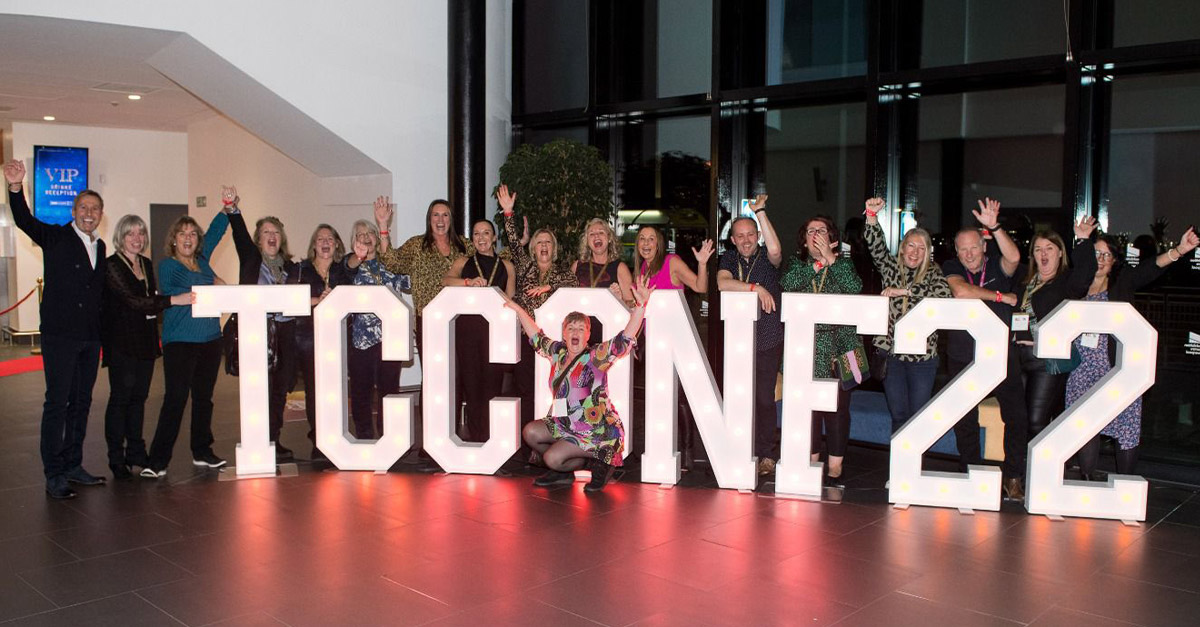Travel Counsellors and Hays Travel believe they are better placed than some rivals to cope with the cost-of-living crisis, as both sets of agents were urged to be “proactive” to increase market share in 2023.
The UK’s largest independent homeworking and high street agencies each held their annual conferences last week, with bosses bullish despite doubts over consumer confidence and demand.
Travel Counsellors UK managing director Kirsten Hughes cited research conducted by the homeworking firm that showed 76% of 2,500 customers surveyed still planned to travel in 2023, despite feeling a squeeze on their finances.
“We can’t ignore the current climate, we’d be daft to ignore it,” she told delegates at the Liverpool event.
“There will be winners and losers if it gets difficult next year; the winners will be those who are proactive rather than reactive. Next year, you can’t sit back and wait for the business to come to you.”
Hughes predicted some travel firms could be “50%, 60% or even 70% down” next year, urging agents to work together to capitalise on tools provided and boost Travel Counsellors’ market share.

Hays Travel owner and chair Dame Irene Hays told delegates at its managers’ conference in Turkey that it would be unwise to try to predict the impact of the cost-of-living crisis.
But she added: “You could think that it is a gloomy picture, and for some people it is and will continue to be, but it’s just not at Hays Travel.
“Customers are looking for trust and expertise and we’re going to deliver that, but we’re going to make it easier by delivering interest-free direct debit [payments], which significantly eases the financial situation by spreading the cost of a holiday.”
Travel Counsellors’ survey, carried out in September, also found that nearly 60% of customers were planning to book their 2023 holiday when they usually do, with 24% wanting to book earlier than usual and 18% targeting last-minute bookings.
Chief executive Steve Byrne said it was too early to predict the impact of cost-of-living rises, but he hoped the company’s more affluent customer base would be partially insulated.
